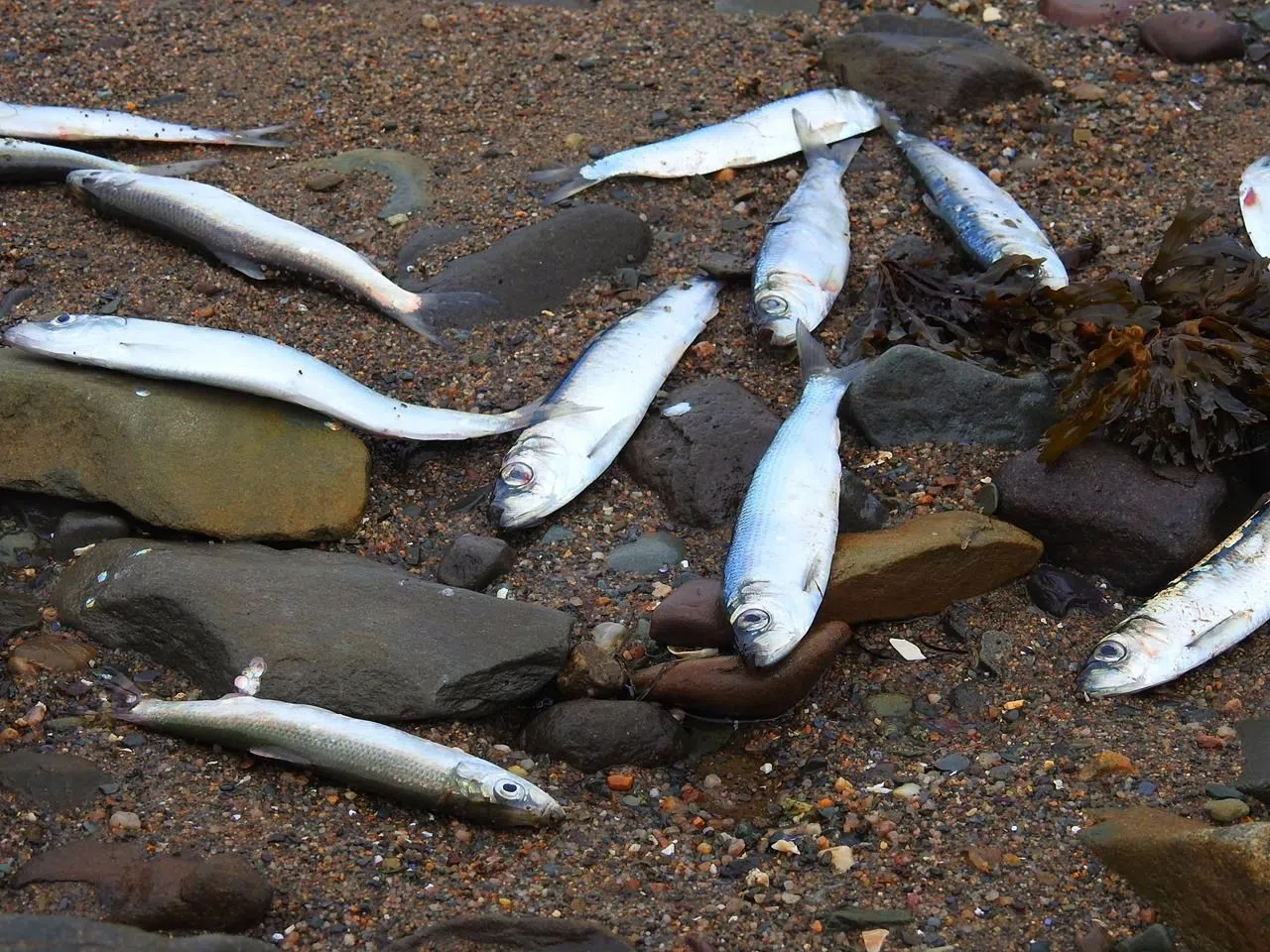
Fish mystery: Thousands of dead herring washing ashore in western Nova Scotia
HALIFAX — Tens of thousands of dead herring keep washing ashore along Nova Scotia’s western coastline, a mystery for biologists trying to figure out what is killing the small, silvery fish.
The first sightings were reported two weeks ago at beaches along the eastern edge of St. Marys Bay, which separates the sliver of land known as Digby Neck from the Nova Scotia mainland.
Since then, several reports of dead and dying herring have come in from different parts of the bay, and now dead herring are showing up farther to the east in the Annapolis Basin and near Bear River.
Biology professor Shawn Craik said local fishermen can’t recall seeing herring wash up on the beaches in such large numbers.



